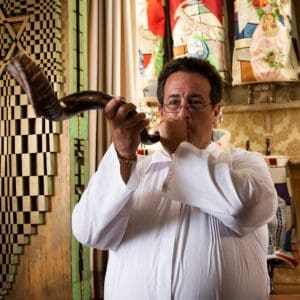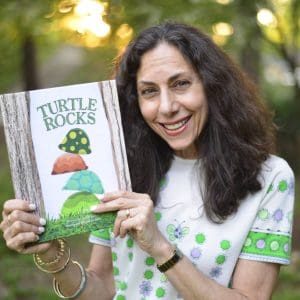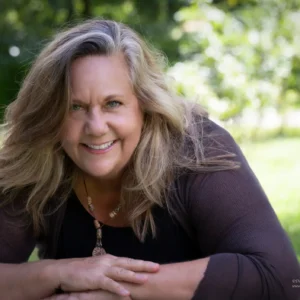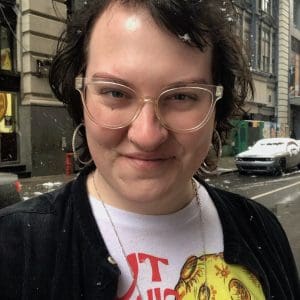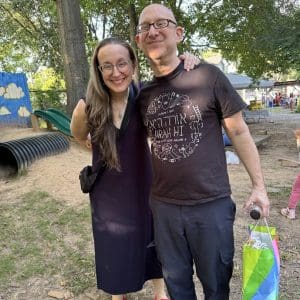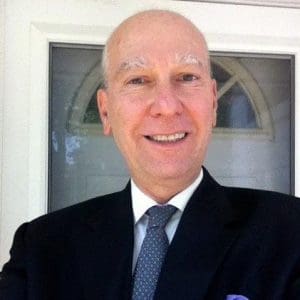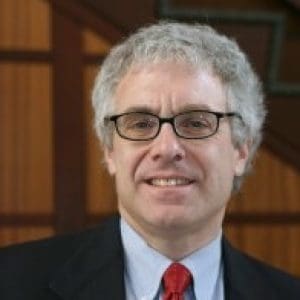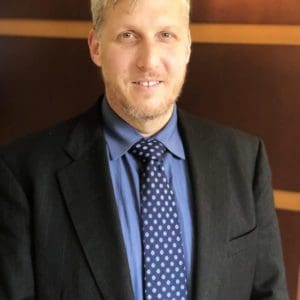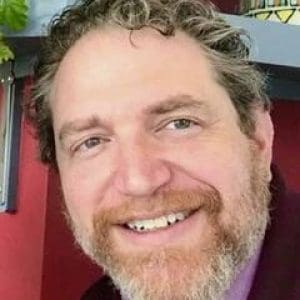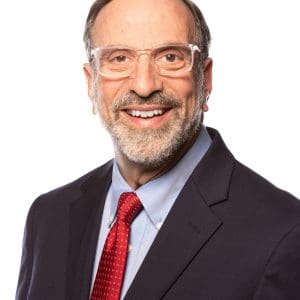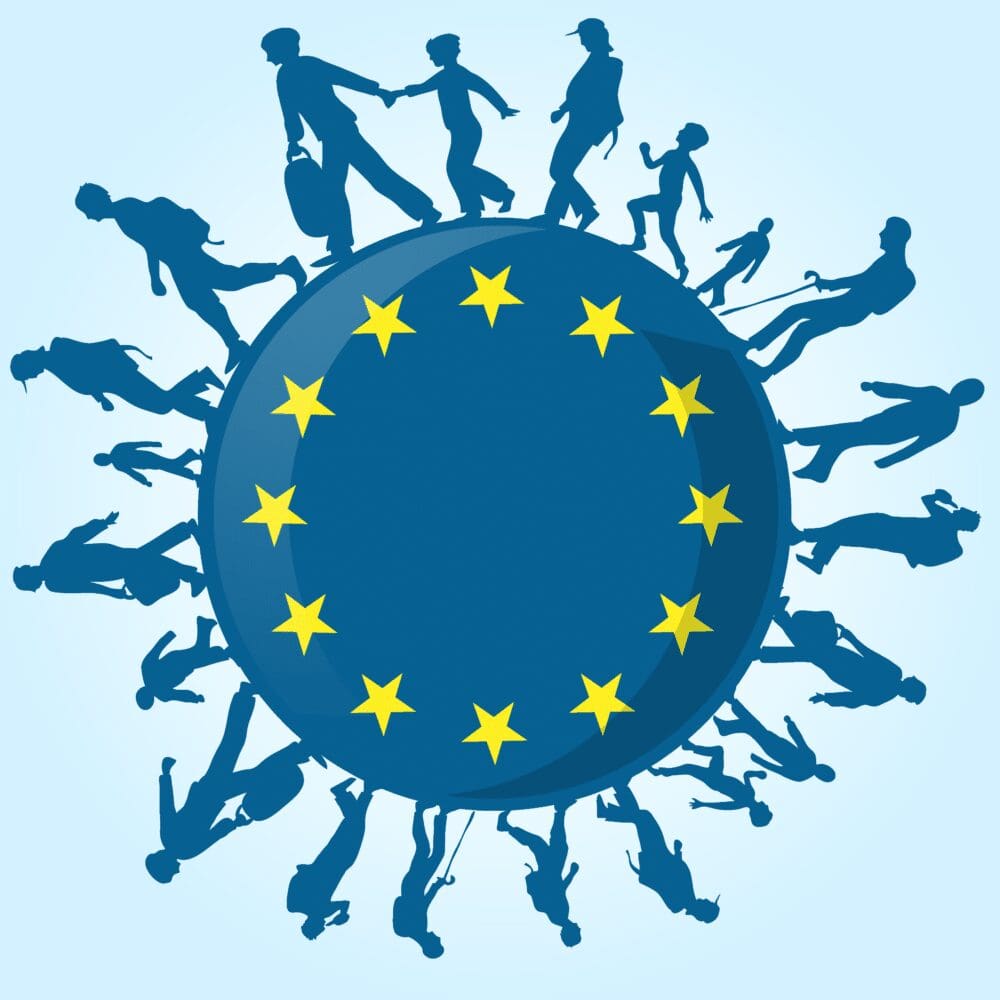Shame Culture in the Wake of a Pandemic: A Jewish Response... and Warning
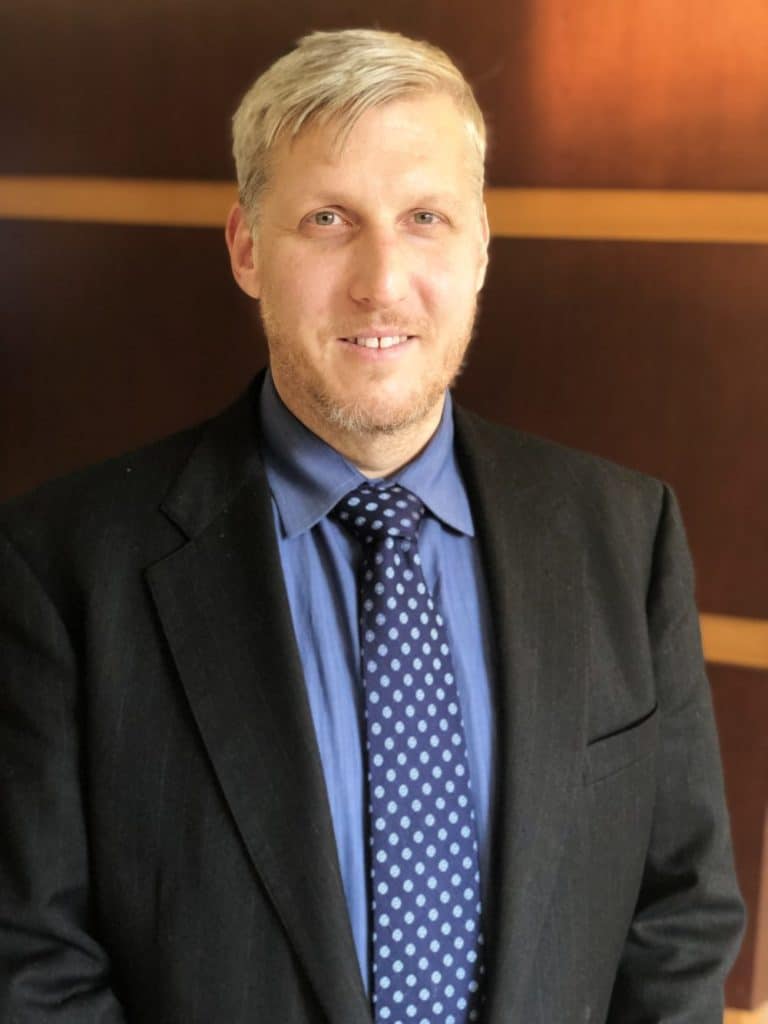
I'm worried about shaming. It is one aspect of any disease or social disturbance that is last to be addressed and by the time we have the strength to focus on the issue of shaming – to deal with ridicule, gross assumptions, and insidious needs to find blame – it's too late. We are often behind the curve and the damage is done. Unfortunately, we have entered this pandemic with a well-established culture of shaming. Our Jewish tradition knows about the evils of gossip and speaks strongly against it. It has been said that you can know a lot about a culture by the number of different names its language utilizes to describe the nuances of something. When it comes to destructive language, the Jewish culture has nuance: L'shone Harah (gossip; lit: evil speech), Rechilut (speech that causes hate), Motzi Shem Ra (unfounded libelous gossip). These three linguistic concepts emphasize the destructive nature of our tongue. The vocabulary is there because we Jews aren't above wicked speech and the tearing down of one another by the things we share and the words we use. This is my concern within our current situation.
Being both Jewish and American makes our mouths a double threat. Although I think that many countries deal with similar situations, I can only speak about my own homeland. There are countless situations where we blame the victim. When women are sexually assaulted it isn't uncommon to ask about her choice of dress or pry into her past behavior. When young black men are shot by the police or experience violence from authorities, we often wonder what he or she was doing in that place and question his or her behavior. And when epidemics have occurred in our country's past, especially those transmitted through sexual encounter, the American public has been quick to isolate, segregate and ostracize those who are the most vulnerable and in dire need of our love and care.
So here we are: We are watching the rise of cases of the COVID-19 virus. Some of us are self-isolating while others might not have that luxury. Not every job in the country is on salary. Some people work hourly or by commission. We are all navigating this situation and the vast majority of us are doing the best we can to stay safe and keep others safe as well. However, many people are going to get sick and the way we respond is going to be either extremely meaningful if done right, or horribly destructive if done wrong.
The Torah speaks about epidemics. In our weekly reading of our Torah, we just began the book of Leviticus, also known as the Holiness Code. Our Torah speaks openly about tamay and tahor (ritual impurity and purity, respectively). Although many commentators have tried to move around the stigmatic description of our text, trying to avoid categorizing people as pure and impure based on biological circumstance, I will admit it is hard to shake off. The fluid nature (pun intended) of our ritual purity and impurity has much to do with our human cycles, our physical contact to bodily emissions and close contact with the dead. The remedy for one who is tamay, according to our sacred text and rabbinic tradition, is isolation and quarantine. How hard does our Torah and our weekly sacred readings need to tap on our shoulders before we realize that God, in some way, is talking to us, offering direction? Our Torah clearly speaks to our life today.
However, if we end the story there, we fall victim to our predilections towards wicked and destructive speech. Throughout our Torah's discussion of the movement in and out of ritual purity and impurity (a state of being that we ALL are constantly flowing in and out) our Torah continues to fall back on two important requirements. Firstly, there is only ONE person who can make any declaration about a person's state, the nature of his or her status and his or her situation – the Priest. The Cohanim were the ritual, and in some sense, the medical professionals of the time who were charged with making assessments and declarations about a person's physical and spiritual state. In our current situation we should take heed of this important point. Only a medical professional, specifically the one who is guiding and advising his or her patient, should be charged with making any pronouncements about those who are struggling with the COVID-19 illness. Our personal views on a person's choices, the way he or she led his or her life prior to any diagnosis has absolutely no place in our discussion of somebody who is sick and struggling. The only thing we must say to them, and to each other about them, are words of hope, kindness, and inspiration.
Secondly, there is an important moment in the Torah during the cycle of ritual impurity. At some point, the Cohanim makes a pronouncement that a person has transitioned from tamay back to tahor. Just like in our Torah, the pronouncement is left to the priest, and in our case, the medical professionals. We have only one response – joy and gladness for his or her return to community. For those of us in spiritual communal leadership, once we are safely able to gather back together as a community, we must utilize the various tools at our disposal to welcome these individuals back from the life-threatening situation he or she experienced, offering a Torah Aliyah and the blessings of gomel, as an example.
My friends, we are in a time of great fear and anxiety. We don't have a great track record of sharing love and kindness during such times. Our Torah warns us about the evils of L'shone Harah, Rechilut, Motzi Shem Ra. Our Torah is riddled with stories of people making bad decisions when confronted with a scary situation. Our American history has too many examples of blaming the victim for it to be ignored. We must elevate our souls, lift our language and find the ways to speak words of kindness and comfort even in the midst of our concerns, fear and anxiety.
Rabbi Laurence Rosenthal















